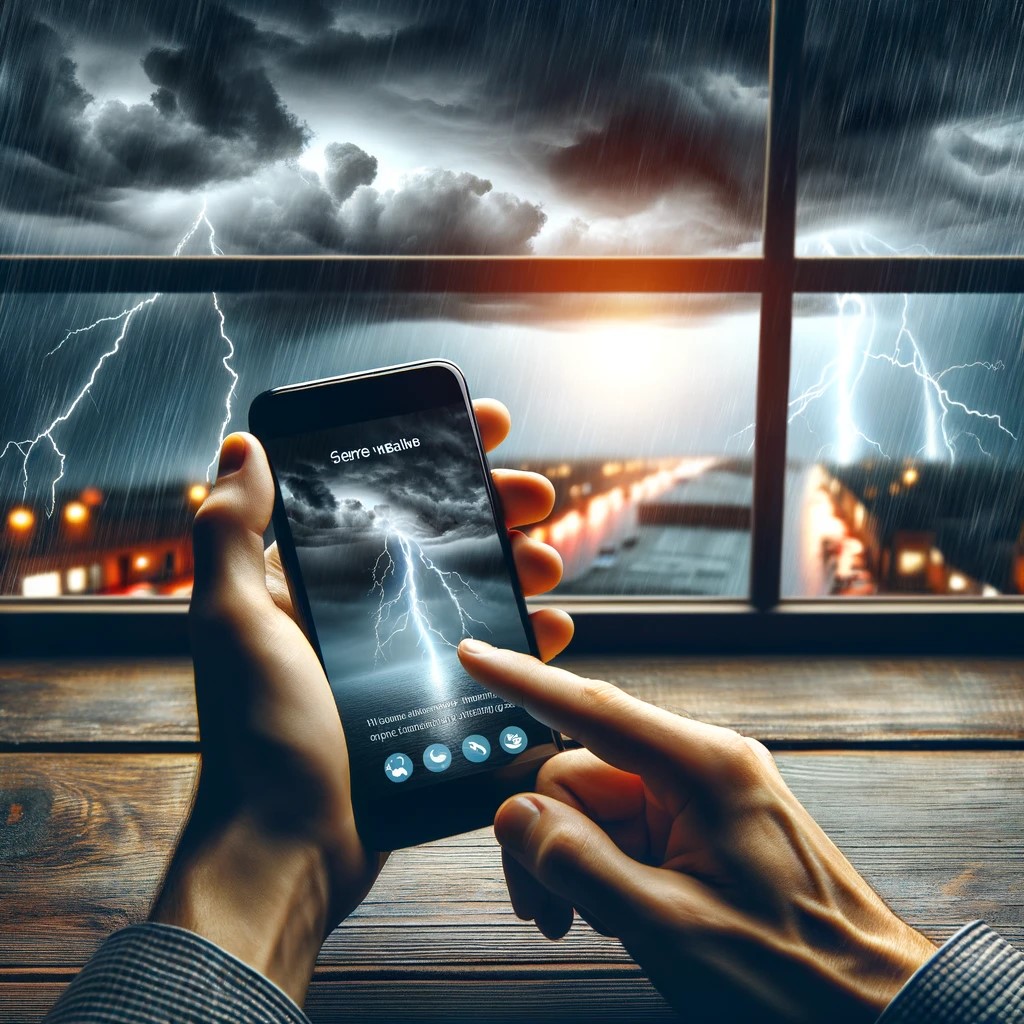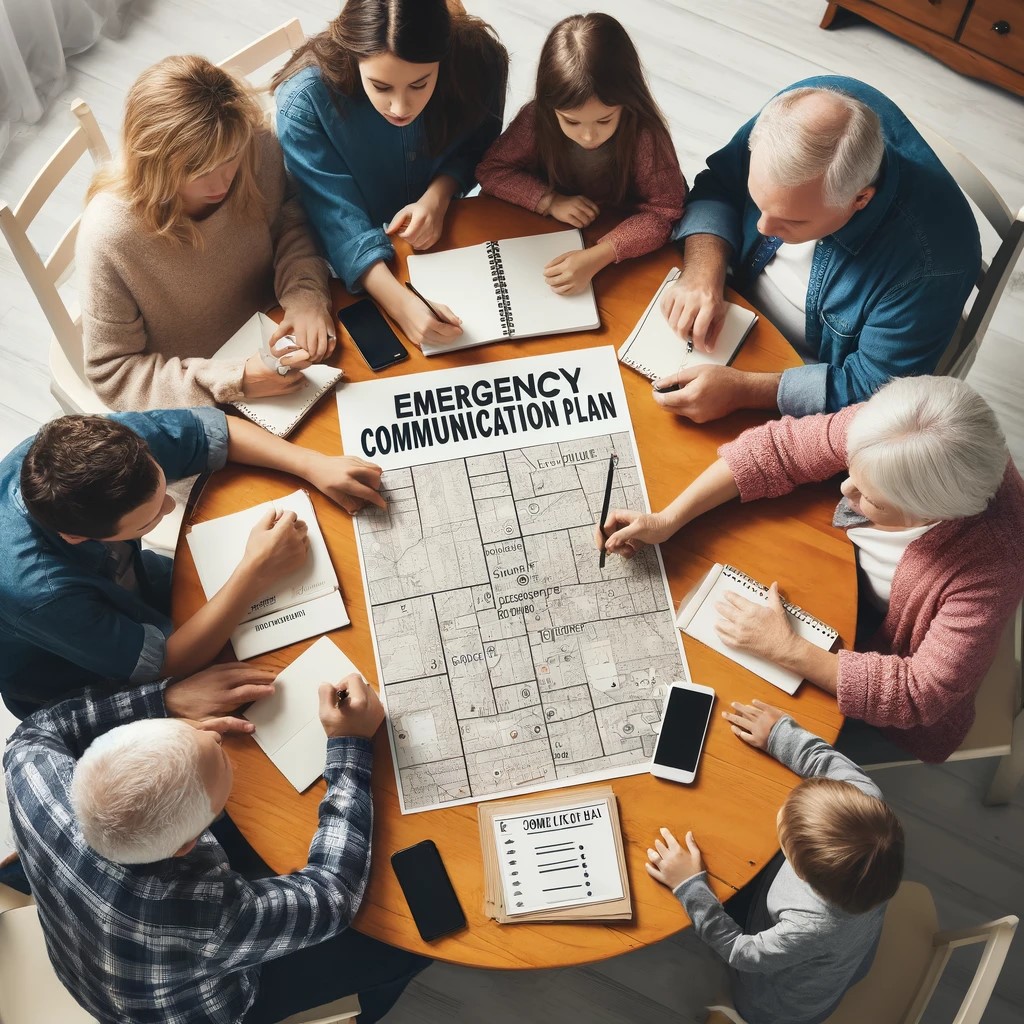Preparing for unexpected scenarios is crucial in today’s unpredictable world. Whether it’s natural disasters, sudden emergencies, or unforeseen travel changes, having a solid plan can make all the difference. Here are simple and effective ways to ensure you’re always ready.
1. Create an Emergency Kit
Essentials to Include:
- Non-perishable Food and Water: Stock up for at least three days.
- First Aid Supplies: Bandages, antiseptics, medications, etc.
- Tools and Supplies: Flashlights, batteries, a multi-tool, and a manual can opener.
- Personal Items: Extra clothing, blankets, and hygiene products.
- Important Documents: Copies of ID, insurance papers, and emergency contact info.
2. Develop a Family Communication Plan
Communication Tips:
- Emergency Contacts: Keep a list of emergency contacts handy.
- Meeting Points: Establish safe meeting spots inside and outside your neighborhood.
- Communication Methods: Use text messages or social media if phone lines are down.
3. Stay Informed
How to Stay Updated:

- Weather Alerts: Sign up for local weather alerts.
- News Updates: Follow reliable news sources.
- Community Resources: Learn about your community’s emergency plans and resources.
4. Prepare Your Home
Home Safety Tips:
- Safety Equipment: Install smoke detectors, carbon monoxide detectors, and fire extinguishers.
- Utility Knowledge: Know how to shut off your home’s gas, water, and electricity.
- Secure Important Areas: Reinforce windows and doors, and secure heavy furniture.
5. Plan for Different Scenarios
Specific Plans:
- Natural Disasters: Create plans for earthquakes, floods, hurricanes, and other events.
- Medical Emergencies: Learn basic first aid and CPR; keep a list of medical conditions and medications.
- Travel Emergencies: Keep a travel emergency kit in your car and have a backup travel plan.
6. Build a Financial Cushion
Financial Preparedness:

- Emergency Savings: Save enough to cover three to six months of expenses.
- Insurance: Ensure adequate insurance for health, home, and vehicles.
- Important Documents: Keep digital and physical copies of financial and legal documents.
7. Learn Basic Survival Skills
Skills to Learn:
- First Aid and CPR: Take a certified course.
- Navigation: Learn to read maps and use a compass.
- Basic Repairs: Know how to fix common issues like a flat tire or a leaky pipe.
8. Regularly Review and Update Plans
Maintain Preparedness:

- Review Plans: Regularly update your emergency plans and kits.
- Practice Drills: Conduct emergency drills with your family.
- Stay Educated: Keep learning about emergency preparedness and survival techniques.
By following these steps, you can enhance your readiness for unexpected scenarios, ensuring safety and peace of mind for you and your loved ones.








